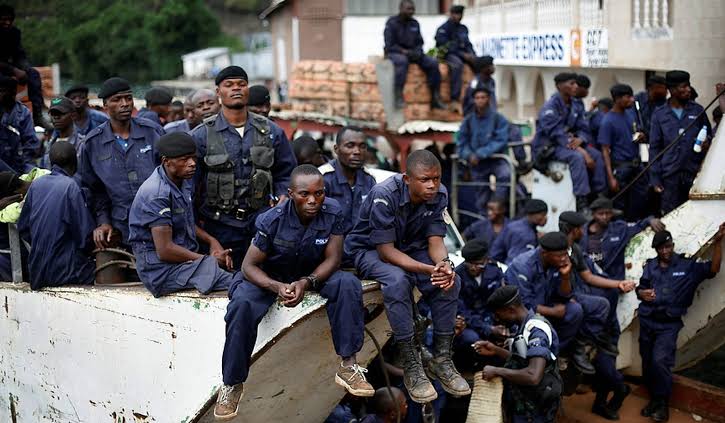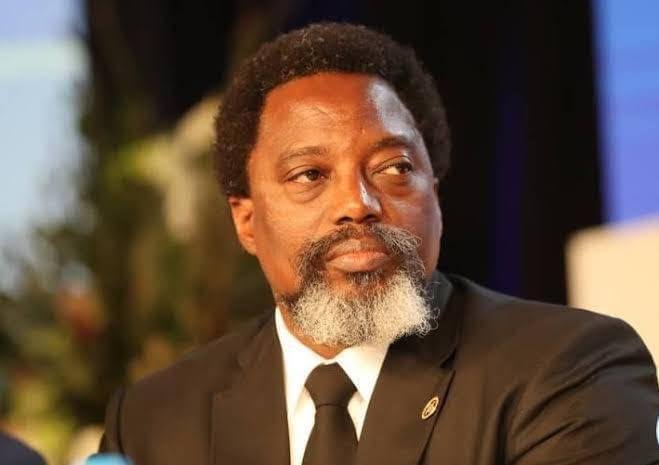
Faith Nyasuguta
In a significant escalation of the conflict in the Democratic Republic of Congo (DRC), over 200 police officers and soldiers have defected to the M23 rebel group in Bukavu, the capital of South Kivu province. This mass defection occurred during a public ceremony outside the provincial police headquarters, drawing considerable local attention.
Defections Motivated by Dire Conditions
Senior Commissioner Jackson Nkamba of the Congolese National Police (PNC) cited deplorable working conditions as the primary reason for the defections. He emphasized that inadequate resources and support have hindered the professionalism and effectiveness of the security forces.
Nkamba stated, “We were trained with the government’s funds, and I am Congolese. If the government provided the necessary resources, the police would be professional. We are being retrained to become a new kind of police force, one that doesn’t have to intervene on foot or go into the field without even having a meal.”
The defecting personnel are slated to receive additional training in Rumangabo, North Kivu, under M23 supervision. The rebel group asserts that this initiative aims to develop a more disciplined and efficient police force within the territories under their control.

M23’s Security Objectives
General Bernard Byamungu, leading operations for the Revolutionary Army of Congo, highlighted the group’s dedication to restoring security by disarming civilians. He declared, “All these weapons must be taken away from the population so they can live in peace. We will work together to ensure security.”
Lawrence Kanyuka, M23’s spokesperson, portrayed the defections as aligning with a broader political mission. He explained, “The police officers joining us want to work with us to liberate the country and fight against tribalism, exclusion, and poor governance.”
Escalating Security Crisis
The M23’s rapid territorial gains have intensified the security crisis in eastern DRC. The Congolese army (FARDC) has called on deserters to return to their units, but ongoing clashes persist. In Lubero, confrontations between FARDC and M23 have resulted in extensive looting, exacerbating the already dire situation.
The recent capture of Bukavu by M23 rebels marks a pivotal moment in the conflict. Eyewitnesses reported that the rebels entered the city with minimal resistance, leading to widespread panic among residents. The fall of Bukavu, a strategic urban center, underscores the expanding influence of M23 in the region. This development has prompted concerns about a potential humanitarian crisis, as thousands of civilians are now displaced and in urgent need of assistance.
Regional Implications

The resurgence of M23 has reignited tensions between the DRC and neighboring Rwanda. The DRC government accuses Rwanda of supporting the rebel group, a claim Rwanda denies. The United States has recently imposed sanctions on Rwandan officials, including former Defense Minister James Kabarebe, for allegedly acting as liaisons to the M23 rebellion. These sanctions reflect the international community’s growing concern over external involvement in the DRC’s internal conflicts.
The mass defection of security personnel to M23 highlights the profound challenges facing the DRC’s efforts to maintain stability in its eastern provinces. As the situation continues to evolve, the need for comprehensive political dialogue and effective security sector reforms becomes increasingly urgent to address the underlying issues fueling the conflict.
RELATED:








